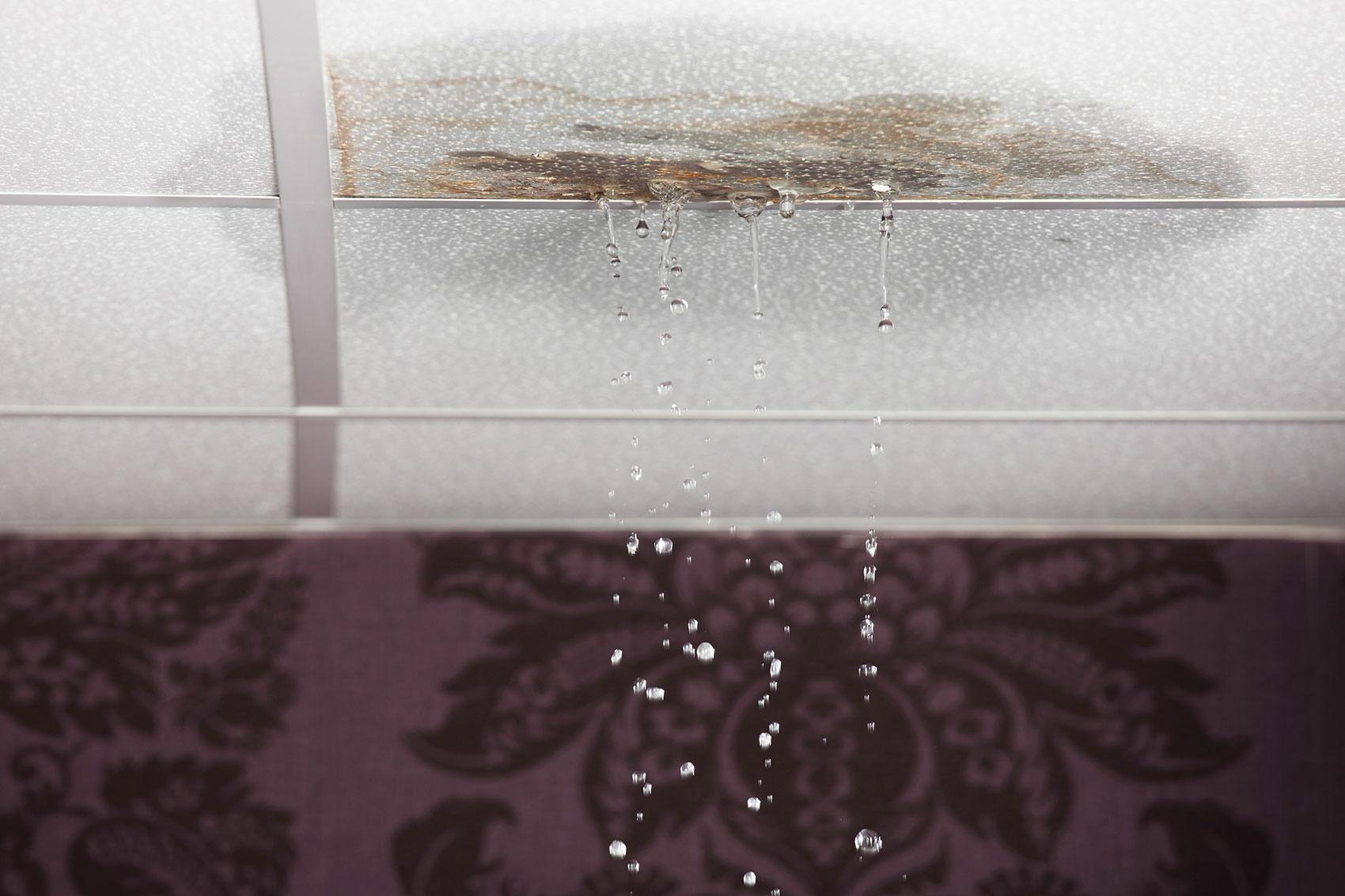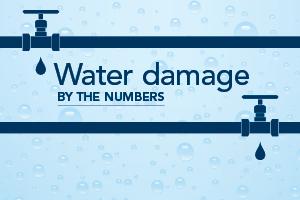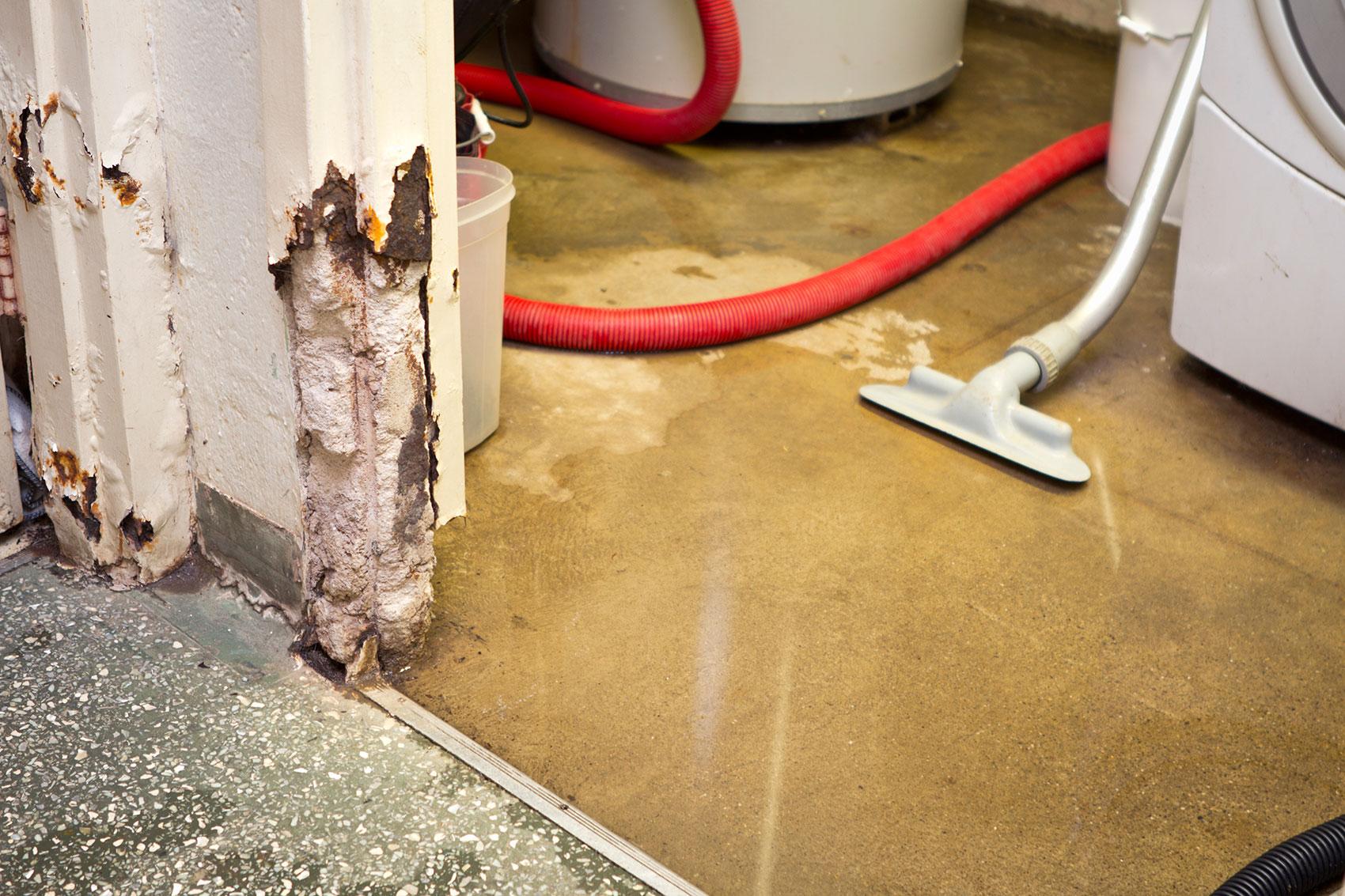There are some things even the best coverage can't replace. But we can help you protect your priceless possessions, memories and time with this guide to water damage prevention options.
Proactive protection against water damage
As a homeowner, you probably have a sense of how disruptive and costly water damage can be. What you may be less aware of is how common these incidents are. In fact, 1 in 60 homeowners experience a water damage event each year, and water damage now accounts for 40% of all losses on homeowners policies.
Fortunately, you have options when it comes to avoiding these claims and keeping your home and possessions safe.
Protect with water sensors
The do-it-yourself option
- Alerts you when water reaches the sensor
- Easy to install - you won't need the help of a plumber
- Inexpensive - usually $40-50 per device
- Key areas include water heaters, 2nd-floor laundry facilities and bathrooms
A sensor will not stop a leak. But it will alert you to a potential issue for you to address before it becomes a bigger problem.
Protect and prevent with a water shutoff device
The enhanced security option
- Relays information on water volume and temperature
- Professional install
- Prevents water damage through automatic shutoff in the event of a leak
This process doesn't have to feel overwhelming. We have vendors who can take care of it.
Make sure you get credit on your policy
Once your water damage mitigation device is properly installed, inform your insurance agent with this update. That way, they can add any applicable credits to your policy, saving you money in the long run.
Water sensors: the new smoke detectors
According to our recent home report, only 17% of homeowners have water sensors installed in their homes. In comparison:
84%
have smoke detectors
51%
have fire alarms
48%
have security cameras
This is despite the fact that your home is 6-7 times more likely to experience water damage than it is a fire or a burglary.
Additional resources
Sources:
Hanover internal data
Leak Defense
IInsurance Information Institute
Third parties whose websites are contained in this material are not members of The Hanover Insurance Group. The Hanover disclaims any responsibility for the contents or management of such third-party websites. The contents and maintenance of the websites is the obligation of the respective owners.







